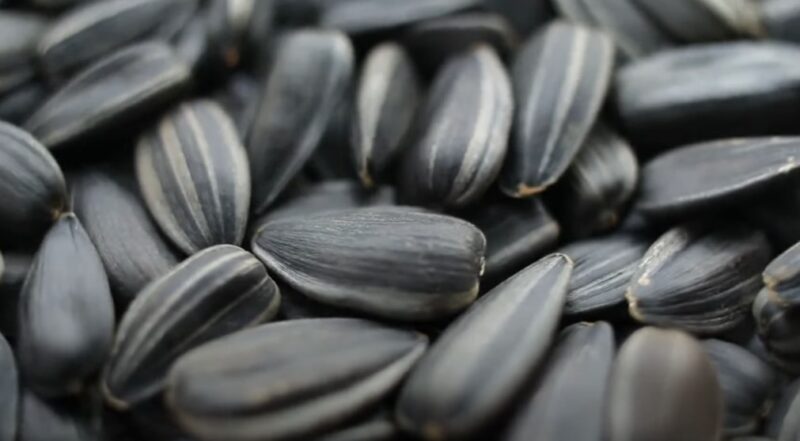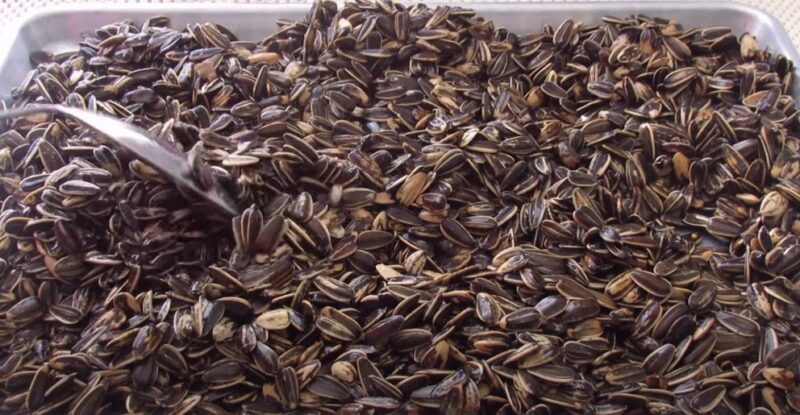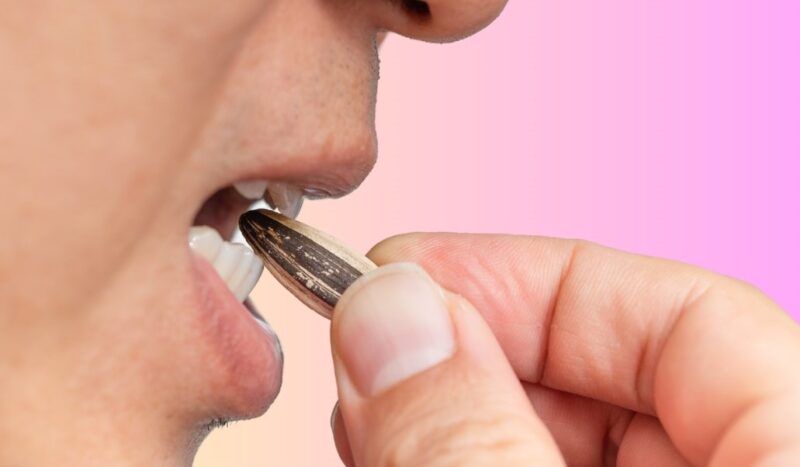Sunflower seeds, a humble yet potent source of nutrition, often find themselves overlooked in the grand scheme of our dietary choices. Their shells, in particular, are frequently discarded without a second thought, a testament to our lack of awareness about their potential benefits. However, these tiny powerhouses are not just a delightful snack for children, but also a treasure trove of nutrients that can contribute significantly to our overall health.
Imagine a child’s delight when they discover that their favorite snack comes in a variety of flavors – the rich decadence of chocolate, the comforting sweetness of honey, or the warm spice of cinnamon.
These flavors not only make sunflower seeds more appealing but also add a fun twist to their consumption. But before we let our children enjoy these treats, it’s crucial to understand the importance of cleaning these seeds properly. This not only ensures the safety of the food but also helps preserve the nutrients within.
As naturalists, we have a responsibility to take care of our environment and the food we consume. Cleaning sunflower seeds properly is a small but significant step in this direction. It’s not just about maintaining hygiene, but also about respecting the food that nourishes us and the nature that provides it.
Can you eat sunflower seed shells?
Yes, you can eat the shells. There are some delicate parts of sunflower seeds that contain very small amounts of nutrients, so it’s best to leave them in the shell for optimal digestion.
Different types of shell include:
Cracked, chaffy, and oily.
Oily – This is the outer layer at the top of sunflower seeds that is the hardest. It’s mostly white and crunchy. When the shell breaks, it may come off with bits of black or gray material inside.
Chaffy – This is between the hard outer layer and soft inner layer. Interestingly, it’s almost like a vegetable in nutrition content. It’s a good source of fiber and vitamins and can be eaten whole.
Cracked – The outer layer is cracked in many large pieces. It’s very dry and contains the smallest amounts of nutrients, so it’s best to not eat this.
Luckily, you can eat the sunflower seed shells! Sunflower seed hulls come from the kernel and are really just husks that have been stripped off by the birds’ beaks. Sunflower seed hulls are alkaline, somewhat high in protein, and lack the starch that’s found in the rest of the kernel.
Hulls of sunflower seeds contain antioxidants and phytoestrogens that may help protect against breast cancer, heart disease, prostate cancer, and other malignancies. Alkaloids can help prevent kidney stones and may be able to keep cholesterol from increasing. Phytoestrogens may play a role in the prevention of cancer.
Is it safe to eat sunflower shells?

In general, most sunflower seed shells are safe to eat. The hardest part closest to the kernel is what’s generally thrown away, so there shouldn’t be any harmful material in the hull. If you have a shell with bits of gray or black material inside, it’s best to just avoid that one.
A couple of shells may have substances on their surface that could affect your health negatively. A study published in the International Journal of Tropical Insect Science and Production Technology reported that a few sunflower seed shells were shown to contain residue from oil spraying, herbicides, fungicides, and mold.
Most of the food safety agencies have stated that the hull has a very low risk of contamination with foodborne illness-causing microorganisms such as salmonella.
Some studies indicate that consumption of sunflower seed shells may cause damage to the liver. Therefore, if you have a history of liver damage or liver disease, you should avoid eating sunflower seed shells.
If you have chronic alcohol abuse or suffer from alcohol addiction, you should not eat sunflower seed shells. This is because sunflower seed shells are too high in fats and fiber and may cause problems associated with alcohol abuse.
What happens if you eat sunflower seed shells?

You may experience stomach cramps and increased bloating, as well as nausea and diarrhea. Even though sunflower seed hulls are alkaline, they may cause problems if you have ulcers, small intestine bacterial, or virus infections. If you eat too many sunflower seed shells then you risk having stomach bleeding because of its high fiber content.
Sunflower shell hulls should be avoided if you have a history of liver damage or liver disease because it can do more harm than good. Severe vomiting, diarrhea, and abdominal pain are also possible if you eat an excessive amount of sunflower seed shells.
If you continue to eat the sunflower seed shells, you risk damaging your teeth and gums. The hulls can stick between your teeth and irritate them. This is because sunflower seed shells are too high in fiber and may cause dental problems, such as bleeding gums, tooth loss, and bad breath.
Final Words
In conclusion, while sunflower seed shells can be eaten and do offer some nutritional benefits, they should be consumed with caution. Their high fiber content, while beneficial in moderation, can lead to digestive issues if consumed in excess. Moreover, individuals with a history of liver disease or alcohol addiction should avoid them altogether due to potential health risks.
It’s also important to remember that not all sunflower seed shells are created equal. The type of shell – whether it’s oily, chaffy, or cracked – can significantly impact its nutritional value and digestibility.
